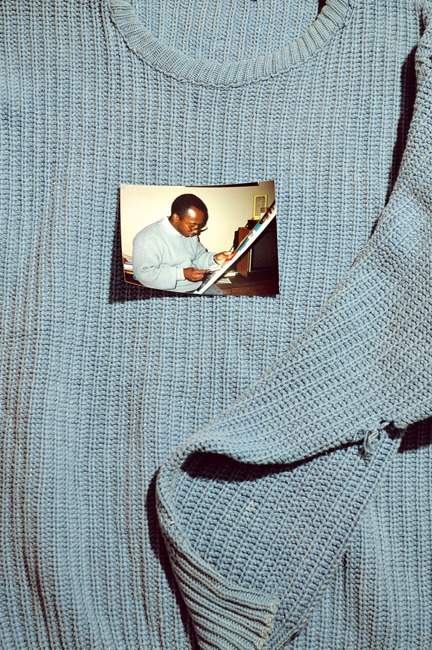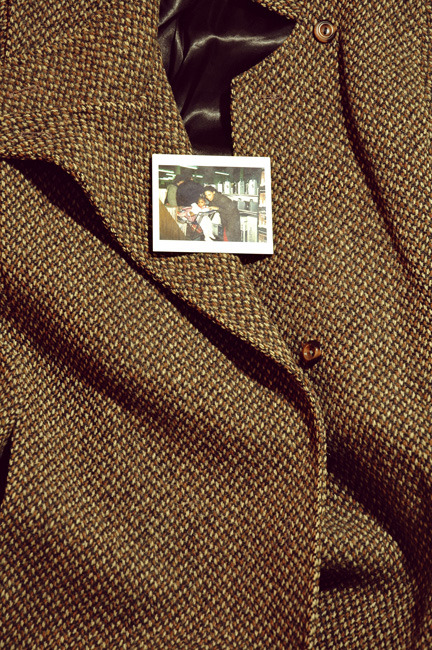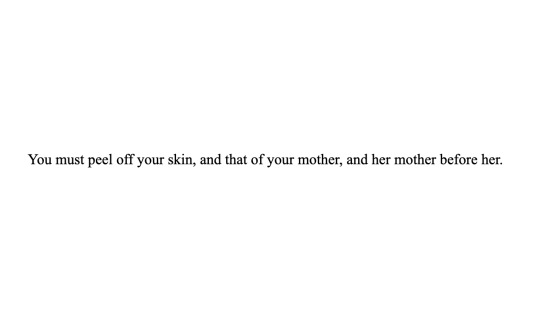Unapologetically Here. A multicultural safe space and media platformfor creatives of color to freely express and celebrate ourselves unapologetically. sheerworldwide.com
Don't wanna be here? Send us removal request.
Text

Deseni Fernando, Amira Chandni and Shaanti Chaitram by Peter Ash Lee for Allure Magazine March 2022
700 notes
·
View notes
Text

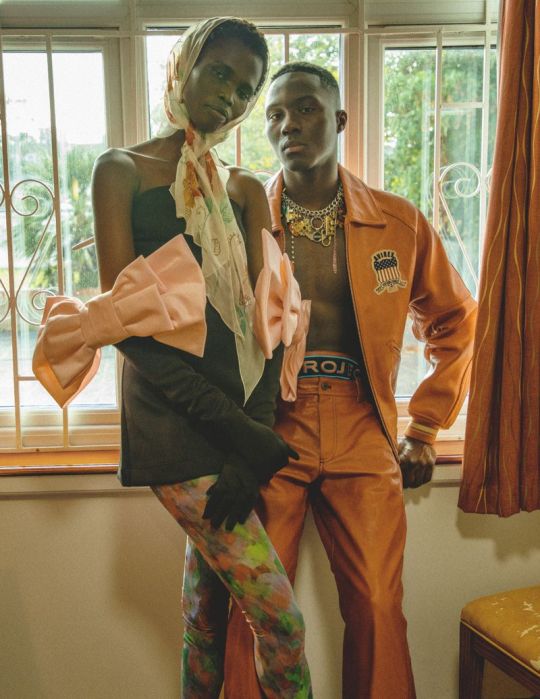

Cheikh Beye, Hakima Duot by Klaudia Nowak for Schön Magazine February 2022
582 notes
·
View notes
Text


Hanan by Charles Dennington for Russh March 2022
4K notes
·
View notes
Text





Simone Ashley by Petros Studio for Porter Magazine March 2022
2K notes
·
View notes
Text
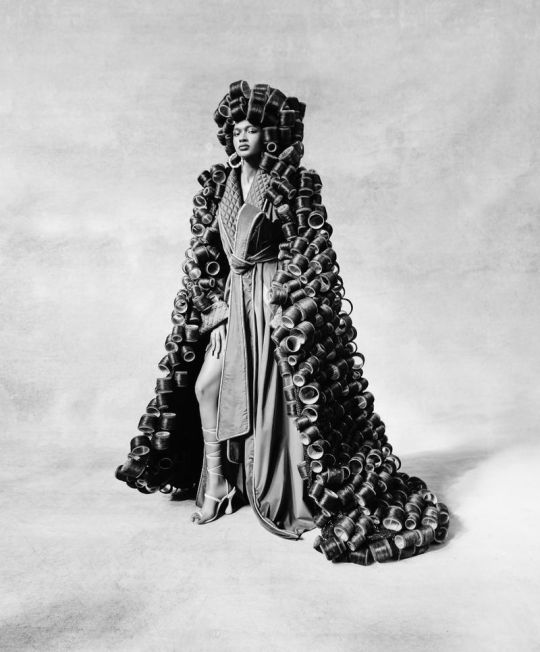

Aleya Ali by AB + DM for Black Fashion Fair Magazine Feb 2022
687 notes
·
View notes
Text

Sunghee Kim by Choi Na Rang for Allure Korea Magazine, June 2021
957 notes
·
View notes
Text
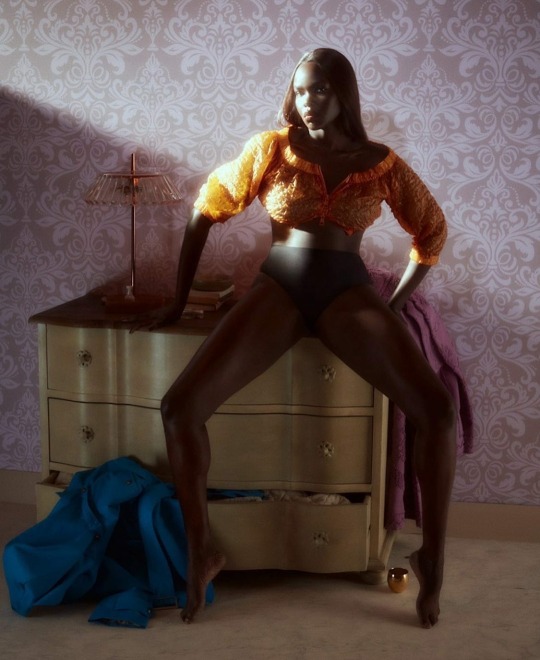

Ariish Wol by @meinkeklein for Elle UK via Instagram
273 notes
·
View notes
Photo

Serena Williams photographed for Teen People, 2000
4K notes
·
View notes
Text
“Waywardness is an ongoing exploration of what might be; it is an improvisation with the terms of social existence, when the terms have already been dictated, when there is little room to breathe...It is the untiring practice of trying to live when you were never meant to survive. It is the untiring practice of trying to live when you were never meant to survive.”
- Saidiya Hartman, Wayward Lives, Beautiful Experiments: Intimate Histories of Riotous Black Girls, Troublesome Women, and Queer Radicals
130 notes
·
View notes
Text

NPR and PBS Frontline spent months digging into internal industry documents and interviewing top former officials. We found that the industry sold the public on an idea it knew wouldn't work — that the majority of plastic could be, and would be, recycled — all while making billions of dollars selling the world new plastic.
The industry's awareness that recycling wouldn't keep plastic out of landfills and the environment dates to the program's earliest days, we found. "There is serious doubt that [recycling plastic] can ever be made viable on an economic basis," one industry insider wrote in a 1974 speech.
Yet the industry spent millions telling people to recycle, because, as one former top industry insider told NPR, selling recycling sold plastic, even if it wasn't true.
"If the public thinks that recycling is working, then they are not going to be as concerned about the environment," Larry Thomas, former president of the Society of the Plastics Industry, known today as the Plastics Industry Association and one of the industry's most powerful trade groups in Washington, D.C., told NPR.
In response, industry representative Steve Russell, until recently the vice president of plastics for the trade group the American Chemistry Council, said the industry has never intentionally misled the public about recycling and is committed to ensuring all plastic is recycled.
"The proof is the dramatic amount of investment that is happening right now," Russell said. "I do understand the skepticism, because it hasn't happened in the past, but I think the pressure, the public commitments and, most important, the availability of technology is going to give us a different outcome."
Here's the basic problem: All used plastic can be turned into new things, but picking it up, sorting it out and melting it down is expensive. Plastic also degrades each time it is reused, meaning it can't be reused more than once or twice.
On the other hand, new plastic is cheap. It's made from oil and gas, and it's almost always less expensive and of better quality to just start fresh.
All of these problems have existed for decades, no matter what new recycling technology or expensive machinery has been developed. In all that time, less than 10 percent of plastic has ever been recycled. But the public has known little about these difficulties.
It could be because that's not what they were told.
Starting in the 1990s, the public saw an increasing number of commercials and messaging about recycling plastic.
"The bottle may look empty, yet it's anything but trash," says one ad from 1990 showing a plastic bottle bouncing out of a garbage truck. "It's full of potential. ... We've pioneered the country's largest, most comprehensive plastic recycling program to help plastic fill valuable uses and roles."
These commercials carried a distinct message: Plastic is special, and the consumer should recycle it.
Read more:
https://www.npr.org/2020/09/11/897692090/how-big-oil-misled-the-public-into-believing-plastic-would-be-recycled
20K notes
·
View notes











